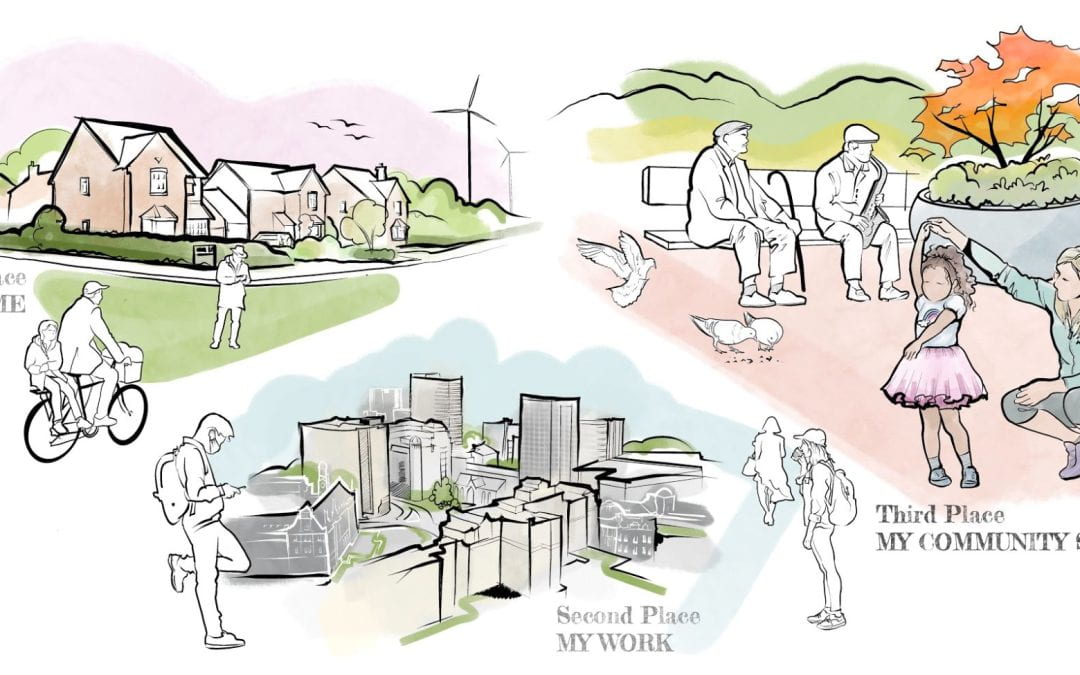“Competitive, Honest, and Fast Paced:” A Glimpse Into the World of Competitive Sports
December 21, 2021
Competitive sports have been a staple of American culture since its inception, especially for school-aged children. As a person that played competitive softball for many years, I can definitively say that sports have had profound impacts on my life, both positive and negative. However, other people have had widely different experiences with competitive sports, so the impacts of competitive sports are anything but consistent. Considering the variability of experience, the question is this: what exactly are the effects of playing competitive sports and are they, overall, positive or negative?
While sharing the same baseline, competitive and noncompetitive sports differ greatly in terms of almost everything else. In sports for people who don’t play seriously (noncompetitive), the goal is often to have fun and exercise in the process. This simple purpose changes once one reaches a certain level. Some of the main differences between competitive and noncompetitive sports are the pressure and stress levels attached to each. I have had a mixed experience with competitive softball — new stressors are replacing the fun that had once dominated the game for me. Since skill and winning are crucial aspects of competitiveness, it’s a lot harder to keep up. Sports can start becoming harmful to your mental health. In the words of Mae Rooney, a senior at Hastings High School who plays varsity softball, “The world that is competitive sports can be brutal. It is competitive, honest, and fast paced.”
Yet there are advantages to playing competitive sports, too. As the level of competition gradually increases, the physical requirements do as well. In general, I believe people that play competitive sports get more exercise and, as a result, are usually of greater physical fitness. Natalie Romero, a freshman at Hastings High School, said, “I don’t know what I would do without derby and running.”
At a certain point, a sport becomes more than just an activity and it affects other, seemingly unrelated aspects of life. This, too, can be positive or negative depending on how people react to these shifts. Due to their nature, competitive sports often attract a group of like-minded people and bring them together, forming lasting relationships. However, competitive sports require lots of time and effort, which can lead to attention being taken away from existing relationships and prior commitments, like schoolwork.
So, are the effects positive or negative? It is not a simple answer. I think that while competitive sports have many flaws, their overall effect is a positive one. Competitive sports can cause a lot of stress, but they also help build character and maturity. They might detract from everyday life but can help form meaningful relationships with others. Competitive sports even provide rigorous exercise with minimal time loss. To find the answer, each person has to make their own decisions and act on them.


















